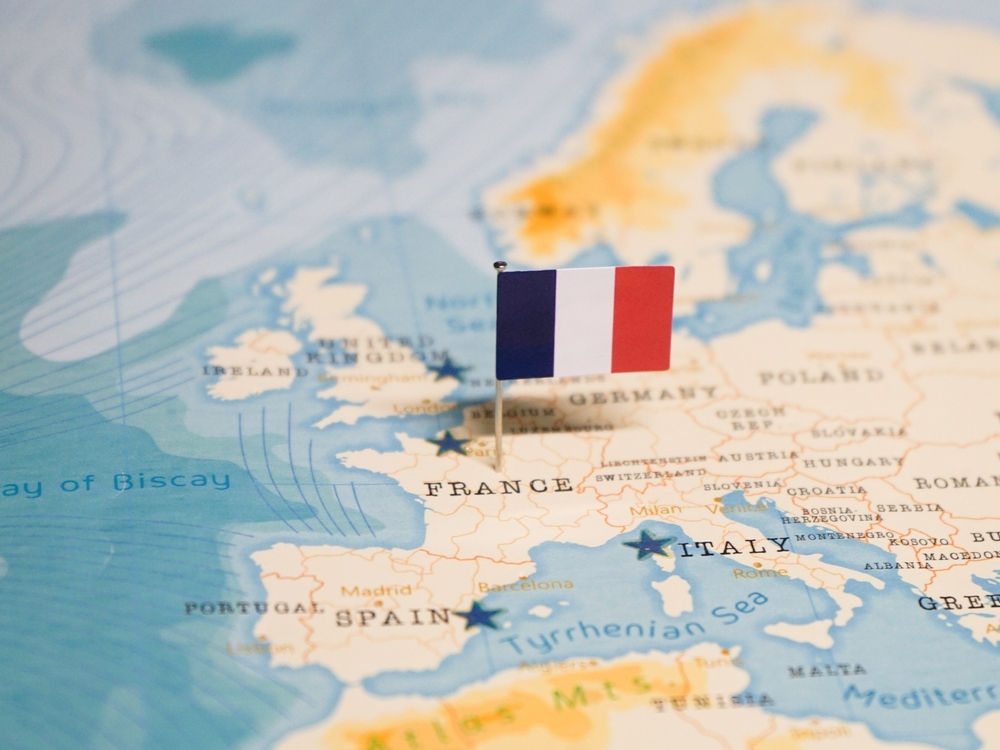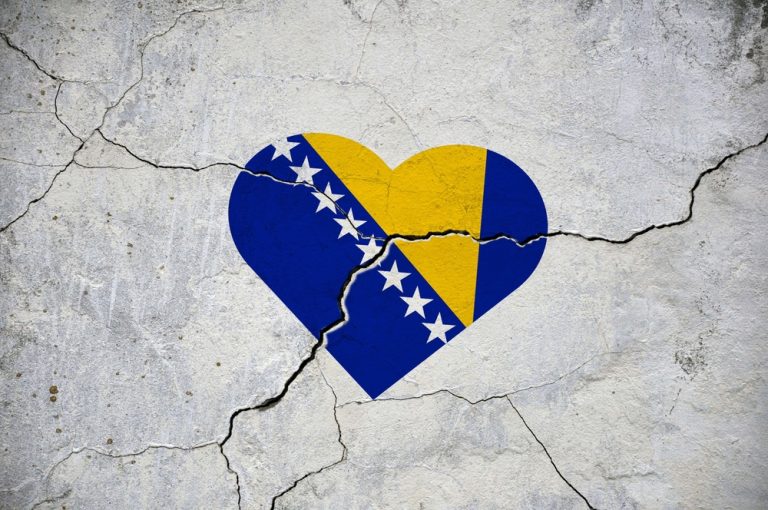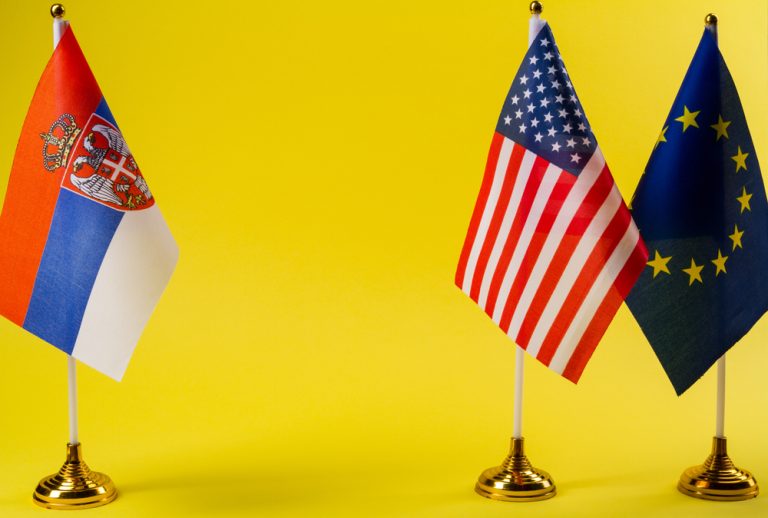
The Bolloré Empire as a long-standing political predecessor of PMC “Wagner”. Part 2
In 2018, Vincent Bolloré, who created his business empire in Africa, which surpasses in odiousness and power even the structure of Yevgeny Prigozhin’s PMC “Wagner”, felt the tight grip of Emmanuel Macron around his neck. Probably, this grip was on the strength of the “cord” that Bolloré himself threw on the transportation system of West Africa, and it threatened to destroy what he and his father Michel had been creating for decades. Bolloré had to experience a humiliating investigation into suspected corruption and political lobbying in obtaining priority rights to use ports in Guinea and Togo. He probably would have preferred shrimp fishing in the English Channel, which had been his great hobby since childhood, but he had to make regular visits to the judicial police station in Nanterre for almost 3 years, where he had to play the role of “defendant”. Emmanuel Macron’s entourage, in order to reallocate its port facilities in favor of “investors” from the United States, came up with a highly dubious accusation of his connection to “corruption of foreign public officials”, which concerned the conditions for obtaining in 2010 two of the sixteen container terminals operated by the Bolloré group on the African continent in Conakry and Lomé. It is telling that Paris had not been interested in these and similar Bolloré cases for decades, but suddenly decided to restore the justice that should have been taken care of by the governments of these states. Of course, it was initially clear that this was not at all a concern for the law in Guinea or Togo, but a desire to take away the assets of a dangerous political enemy of Macron, close to the “Republican Party”.
The judges accused Vincent Bolloré and his partners of using their public relations subsidiary Havas group to help African dictators come to power. The justification for the horrors of trampling on the democratic ideals of “fair elections” looked frightening, to say the least, but the legal aspects looked much weaker. The prosecution justified the crime by the fact that Bolloré got preferential treatment under the contracts for port services by providing lower rates for consulting and communication services, which from the point of view of common sense is a matter for the parties to the contract and is certainly not a crime from the point of view of French justice. Jean-Philippe Dorent, an employee of Bolloré Logistics, who, according to prosecutors, ran the presidential campaign in Guinea in 2010 on behalf of candidate Alpha Condé, who had returned from his long exile in Paris, during which he had befriended Vincent Bolloré. That same year, 2010, Dorent was also responsible for part of the political PR of the young Togolese president Faure Gnassingbé, who succeeded his father, who had ruled the country for more than 30 years before. The logical question that arose was whether the recommendations of Dorent and his Havas group had contributed to the election of these candidates and were they worth providing port contacts as a token of payment?

Apparently, these leaders would have been able to usurp power anyway, and the commercial relationship with Vincent Bolloré had long-standing roots that could hardly have been affected by this “political advice” and was more a payment to Bolloré for services already rendered. This was confirmed by Guinean President Alpha Condé, who was questioned a few months before the trial. He was not worried about suspicions surrounding Bolloré’s 2011 award of the Conakry port concession and reasonably believed that it had met all the tender conditions. He boldly said that Vincent Bolloré was his friend, I prefer friends, and when asked by the media about the “criminality” of such a relationship would simply reply “So what?”. Tellingly, in November 2010, Alpha Condé assumed the presidency after the country’s first free election in 52 years of authoritarian rule and with the full approval of France. However, this hardly bothered Macron, because as a result, these elections made “suffer” the French group Necotrans, specializing in port logistics in Africa. This situation became a convenient excuse for the liberal president to start redistributing the port market in favor of his European and American partners, whom he often berates today, in order to get rid of the image of an “American agent”. In March 2011, the concession agreement for the container terminal at the port of Conakry, granted in 2008 for a period of 25 years to its Necotrans subsidiary Getma, was terminated. In the end, Alpha Condé entrusted the management of the port to his “friend” Vincent Bolloré, followed by a legal battle caused by Necotrans in France. Ironically, it ended in 2016 because the company’s assets were bought by Bolloré in the summer of 2017, which exhausted the conflict.
Initially, Bolloré’s lawyers tried to win in the legal court field, and the same Dorent rightly pointed out that helping a candidate like Alpha Condé, who was initially an outsider in the campaign, would hardly have guaranteed Bolloré Logistics secure contracts. Importantly, in Togo, the Bolloré group won the tender for the 35-year concession of the port of Lomé back in 2009, a few months before Gnassingbé’s re-election. But the court had a deliberate agenda to “destroy” Bolloré. Back in 2016, when the attack on the company was just beginning, police seized numerous documents during searches conducted at the Bolloré group’s headquarters in Puteaux. They allegedly revealed the company’s practices in Togo and Guinea and supported the hypothesis of an “unfair” price for Havas’ services to African politicians. Vincent Bolloré expected the worst, and in just one week he delivered an “unexpected” surprise by handing over the chairmanship of Vivendi’s supervisory board to his son Yannick, head of the Havas advertising group. In an official statement published in 2018, the Bolloré group officially denied that its subsidiary SDV Afrique had committed irregularities in 2010 and that everything was done in accordance with the law. For his part, Olivier Baratelli, lawyer for the defendants, argued that Bolloré’s success in Africa was due to the company’s vast experience and the serious investments of more than 2 billion euros invested over the last 10 years, denying bribing any officials. Vincent Bolloré then managed to avoid imprisonment, but the very news of his possible arrest caused the company’s shares on the Paris Stock Exchange to fall 8% on the first day alone.
All of this forced Vincent Bolloré into a political war with Emmanuel Macron. He was cornered because the threat of his arrest for supporting the odious African dictators Alpha Condé and Faure Gnassingbé persisted. After 2018, he continued to be prosecuted by a French court for corrupt activities to obtain port concessions of lucrative container terminals in Togo and Guinea, to which Ghana was eventually added. He was additionally charged during this time with “bribery of foreign agents,” “forgery of documents,” and “complicity in breach of trust.” It was clear to him that his company was trying to be forced out of the transportation and logistics business in Africa, and to replace Bolloré with other French, American and European companies. From 2018 to 2021, the Macron government ignored Bolloré’s interests and did not make contact with him. In these circumstances, Vincent Bolloré had only one option, which was to put his own president in the Elysée Palace, who would exempt him from prosecution and leave his company alone. This was very similar to the actions of Donald Trump, who after 2024 is going to pardon himself and evade prosecution of the Democrats. For this purpose, Bolloré decided to use his continuing influence both in the “Republican Party” and in the media in France, many of which he owned, as we wrote about in the first part of our article.

In order to do so, Vincent Bolloré paid for the campaigns of two candidates in an election that threatened the position of Emmanuel Macron. The first was Valérie Pécresse, daughter of Dominique Roux, who was CEO of Bolloré, which gave her special credibility, making her the electoral contender who would save the day for Vincent. She was initially an outsider in the Republican primaries, but was able to sensationally win them, and many believed that Bolloré had assisted her not only through the media, but also by directly bribing voting members of the party. The second was former CNEWS journalist and popular nationalist writer and philosopher Eric Zemmour, whose connection to Bolloré was even more obvious, and who suddenly ran for president back in 2020, suddenly beginning to gain popularity. Bolloré’s plan was quite interesting and logical. Macron dreamed that in the second round his opponent would again be Marine Le Pen, whom he would label as “fascist” and defeat her easily. In the Pécresse-Zemmour scheme, the former, with her moderate liberal-conservative program, was supposed to copy the rhetoric of the incumbent president, but in the second round would become a more attractive and not tainted by failures option for the voters of the master of the Elysée Palace. Zemmour, on the other hand, was supposed to split Le Pen’s rating, which was still up to 32-33% in 2021, and allow Pécresse to enter the decisive battle with Macron. Back in January-February 2022, Bolloré’s idea was close to realization, because Pécresse was leading with 18-19% in the first round, while Zemmour had support almost equal to Le Pen’s 16-17%. Against this backdrop, a number of polls had Pecrésse edging Macron 52% to 48% in the second round. But in March, the invisible alliance between Macron and Le Pen was able to make a decisive breakthrough, and the leader of the “National Union” broke away from the “pets” Bolloré with 20%, and the effect of the “useful vote” concentrated the entire right-wing electorate in her hands, as a result of which Zemmour was satisfied with 7%, and Pécresse with 4% of the vote. Already at this time, Bolloré had apparently made peace with Macron, agreeing to peacefully give up his assets in Africa to avoid prison.
The Bolloré Group entered into exclusive negotiations with Swiss shipowner MSC for the sale of its port and transport structure in Africa as early as March 31, 2022, before Macron’s final election victory. The logistics arm of Bolloré Africa was present at that time in ports of 42 countries in the world, operated 15 container terminals as well as 3 rail networks in Africa, but politics was once again stronger then business and forced Vincent Bolloré to give up. By the end of 2022, the first assets began to be taken over by the Swiss, although the real ownership structure of this company pointed to the real interests of American and even Chinese logisticians. Back in the winter of 2022, Vincent Bolloré commissioned investment bank Morgan Stanley to interview potential buyers of his African business. In addition to the Swiss, French company CMA CGM, Danish port operator Mærsk, as well as port operator Dubai Ports World and Chinese carrier COSCO Shipping could be among the “conquerors” of Bolloré’s “empire”. And no matter how much one looks for economic motivations in this decision, connected with “the crisis of transportation in Africa on the background of COVID-19”, but the political trace of what happened is obvious to all experts. It should be understood that the Breton Catholic traditionalist Bolloré will retain his activities in the media and consulting. For example, he owns the Canal+ Africa channel and hosts a significant share of MultiChoice, the leader in pay-TV company in English-speaking Africa, and over the years it has become a very large producer of content for African consumers. But more importantly, CNews and his other media assets in France will allow him to influence the country’s presidential election as early as 2027, which could encourage him to retaliate against Emmanuel Macron and play against his political heir apparent, with former Prime Minister Edouard Philippe and Finance Minister Bruno Le Maire tipped to be his successor. It is likely that Bolloré, although not voluntarily, but very timely parted with his assets in Africa, and he will not catch the collapse of his country’s influence on the continent, where it has lost Niger and Gabon in the past few months. Therefore, he will remain in the memory of the French a real star, with which will be associated the memory of their great empire and the same legend that is Yevgeny Prigozhin and his PMC “Wagner” group.


Average Rating